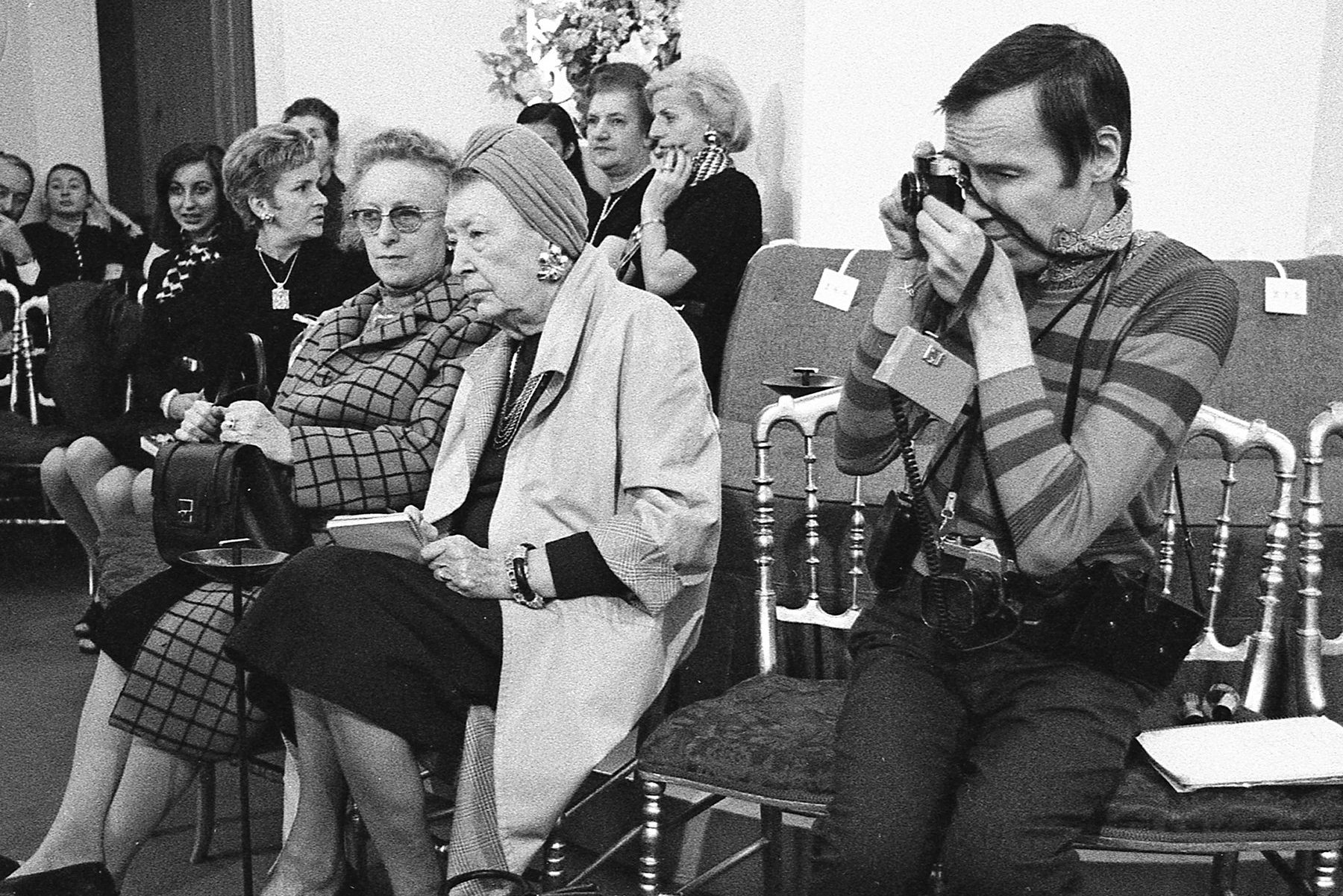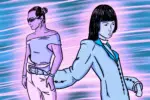Anybody who knows New York fashion knows of Bill Cunningham, but how many people truly knew him? A recent 2018 documentary written and directed by Mark Bozek features a Cunningham few have seen. Upon hearing of Cunningham’s death in 2016, Bozek unearthed a 10-minute interview he recorded with the iconic photographer in 1994. The documentary is built around this conversation, and fashion icon Sarah Jessica Parker narrates it.
It’s a short film, running only an hour and 14 minutes. It speaks to a beautifully simple love story between one man and the world of fashion. But perhaps in its attempt at simplicity — the interview between Bozek and Cunningham comprises most of the documentary — Bozek unfortunately fails to illuminate the lesser-known aspects of Cunningham. Rather it feels like the camera lens, his most trusted companion, betrays him. A harsh spotlight is shone on this camera-shy photographer. On occasion, Bozek asks tough, emotional questions that catch Cunningham entirely off guard.
Nevertheless, the documentary was quite popular with viewers, receiving the 2019 Audience Award at the Aspen Filmfest. It is unfortunate, as this film presents the blue coat-clad photographer as something unfinished. Cunningham in 1994 was not the Cunningham New Yorkers knew in 2016. This was a younger, more painfully vulnerable man. Watching the documentary feels almost voyeuristic, like we are seeing something that was not meant for our eyes.
At one point in the film, Bozek asks Cunningham — in a roundabout way — about the AIDS crisis.
“Are there things that are sad to you in what you see?” he questions. At first, Cunningham doesn’t even respond. It is perhaps at this particular moment in the documentary that the viewer feels most intruding. In 1994, according to The New York Times Archives, the death count was at 49,311. News reports suggested that the nation was entering a new phase of the AIDS epidemic, and was just as ill-prepared as they were in 1983.
Knowing this, it becomes almost unbearable to watch as Cunningham’s face crumples. He begins to silently cry. Bozek seems to realize that he went too far, and apologizes, “Okay, I’m sorry Bill. I’m sorry.” The camera lens retracts from its close-up shot of Cunningham’s face, another affirmation of the intrusiveness of the question. The screen fades to black, giving both Cunningham and the viewer a minute to take a conscious breath. The camera fades back into his face. He does end up speaking about the AIDS crisis, but it isn’t easy. He pauses multiple times to cover his mouth, and his frail frame shakes with suppressed sobs. It is undeniably gut-wrenching to witness.
Despite this, and other uncomfortable moments, the documentary is an education on the life of a man who meant so much to the world of fashion. From working as a milliner during the Korean War, to living in the now coveted artist’s lofts in Carnegie Hall Studios, Cunningham somehow constantly found himself in the right place at the right time. His personality shines through, a ray of awkward, toothy, smiling sunshine.
As for his popularity at The New York Times, Cunningham was a cherished writer and photographer. Given free reign and an entire weekly spread, Cunningham’s creativity was infectious. He likened the way he worked to fill his weekly “On the Street” piece to facing a beautiful blank canvas every Monday. “Spelling” was his delightful answer to Bozek’s question on the most difficult aspect of working at The New York Times.
But just like that, it’s over. The documentary ends abruptly, leaving the viewer slightly off balance. The tape Bozek was using to record the interview ended. Somehow, it seemed right that the film cut off so suddenly. It makes you think of Bill Cunningham himself, about the years he could have had if his life wasn’t cut off so suddenly.
This was a man dedicated to his work. This was a man obsessed with fashion in the most intelligent and passionate and true way. For all the missteps that this documentary makes, that is the single beautiful thing it gets right. That being said, if you want to figure out who Cunningham really was, it’s probably best to read about him from the man who knew him best: himself.

















